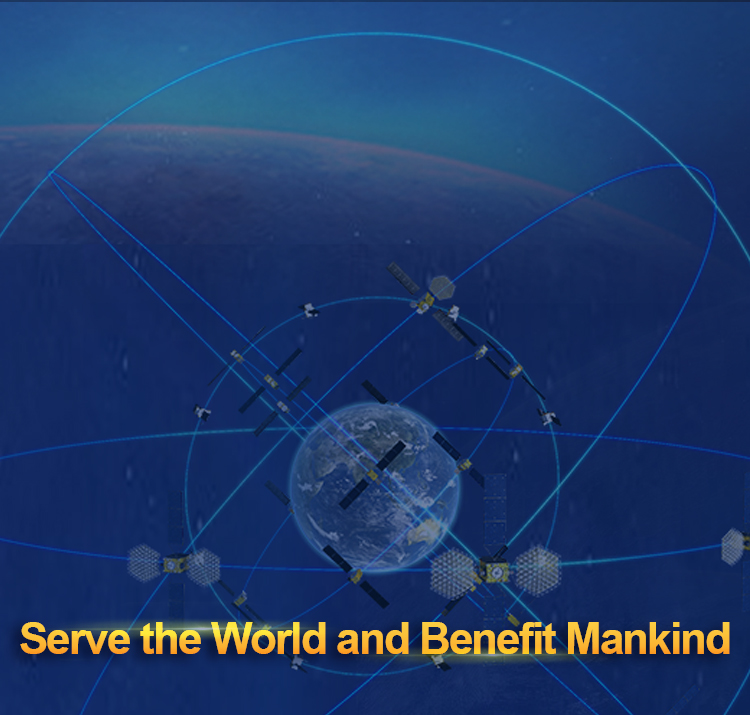


This SBAS IWG meeting discussed the SBAS standards, the coordination work of the SBAS modernization plan, progress of the SBAS technology research and development, the global SBAS status report, and exchanges among technical groups. Representatives from the Federal Aviation Administration of the United States, European Space Agency and Eurocontrol, Japan Civil Aviation Administration, Korea Aerospace Research Institute, Agency for Aerial Navigation Safety in Africa and Madagascar (ASECNA), and Geoscience Australia presented reports on the progress of satellite navigation systems and satellite-based augmentation systems, such as GPS/WAAS in the United States, Galileo/EGNOS in Europe, MSAS/QZSS in Japan, KASS in Korea , SBAS-ASECNA in Africa, and the Australian SBAS test system. All the delegates also discussed several documents including SBAS dual-frequency multi-constellation (DFMC) standards, civil aviation/maritime region applications, minimum operating standards (MOPS), and the Concept of Operations (CONOPS).
The Chinese representative participated in various discussions in the conference. Dr. Jun Shen, Chief Scientist of Beijing UniStrong Science and Technology Co. Ltd, presented a report on the development of the BeiDou Satellite Navigation System (BDS) and the BeiDou Satellite-based Augmentation System (BDSBAS) on behalf of the Chinese delegation. He introduced the progress, system status, global system construction and subsequent planning of BDS and BDSBAS, as well as the progress of the BDSBAS PRN number assignment process, Service Provider Identification Number (SPIN), and system standard time identification and the integrated test of the first BDSBAS GEO satellite. Chinese experts conducted detailed exchanges with experts from various parties on issues such as the progress of BSDBAS ground station construction, single-frequency enhanced service design, enhanced signal ranging capabilities, and improved signal generation methods.
At the first meeting of the Technical Sub-working Group, Professor Mingquan Lu of Tsinghua University presented the technical report on the new BDS civil signals B1C and B2a. He detailed the design, performance characteristics and receiving methods of the BDS signals, as well as their superior performance. The BDS Signal Interface Control Documents (ICD) were provided at the conference, which caused great interest among technical experts from various countries.
Based on the major breakthroughs in 2017, such as the GEO satellite PRN number assignment SPIN and system standard time identification of BDSBAS, the BDSBAS international cooperation team further consolidated the position of BDSBAS as a SBAS service provider. Those breakthroughs also enhanced the confidence of international users in using BDS and BDSBAS in the future.
The 34th meeting of the SBAS IWG will be held in Miami, the United States, in September 2018.
